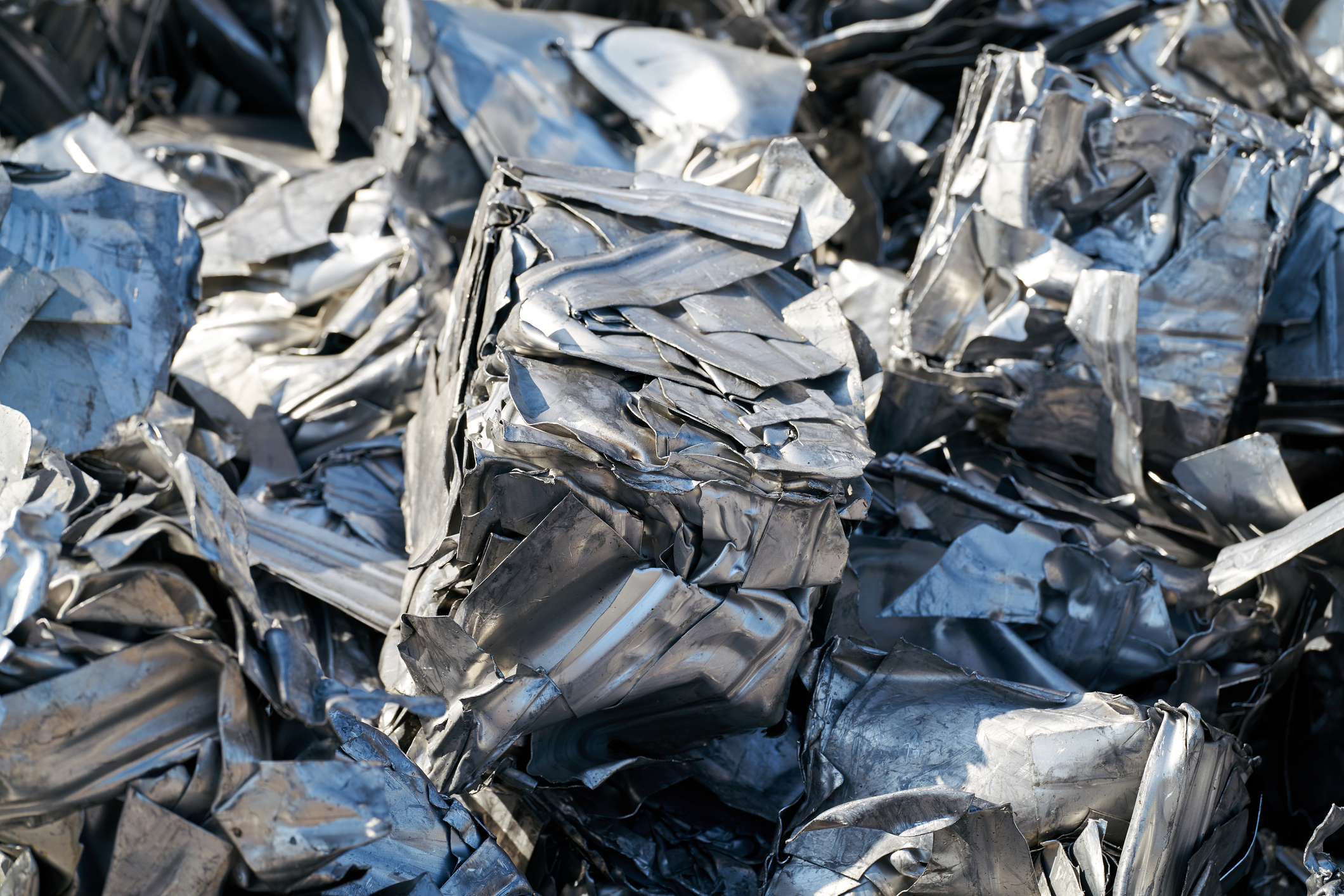BIR Calls for Fair, Science-Based Standards in Green Steel Definition

As global efforts intensify to decarbonize the steel industry, the Bureau of International Recycling (BIR) has published a new position paper urging policymakers to adopt transparent, data-driven definitions of “green steel” that accurately reflect emissions performance and fully value the role of recycled materials.
According to BIR’s latest publication, many emerging regulatory frameworks—particularly those based on benchmarking or sliding scales—may misrepresent the true carbon footprint of steel production. These methodologies risk granting “green” labels to steel made from virgin raw materials using carbon-intensive processes, while undervaluing lower-emission steel produced from recycled scrap in electric arc furnaces (EAF).
“Steel made from recycled materials via EAF technology can cut emissions by up to 74% compared to traditional blast furnace production,” said BIR President Susie Burrage OBE. We are not asking for special treatment, but for a level playing field – where environmental claims are backed by real data, and where the role of recycling in decarbonisation is fully valued.”
The position paper calls for green steel definitions to be grounded in lifecycle emissions rather than solely feedstock origin or production method. It also recommends that public procurement standards include minimum recycled content requirements in government-funded construction, transportation, and infrastructure projects to actively support circularity.
BIR Director General Arnaud Brunet added, “Public policy has a critical role to play in scaling up low-carbon steelmaking. However, this must be done with a clear understanding of the benefits of recycling. Global trade in recycled steel is essential to ensuring supply to producers committed to decarbonisation – and restricting it only slows progress.”
BIR warned that protectionist trade measures, such as export restrictions on recycled steel, could disrupt global supply chains and reduce recycling rates in exporting nations—ultimately hindering decarbonisation goals.
To support a just and effective transition, BIR proposes the following policy actions:
Ensure green steel standards are based on actual, measurable emissions;
Reject export restrictions on recycled steel, which hinder global decarbonisation;
Use public procurement and incentives to reward low-carbon, circular steel;
Invest in better collection and sorting infrastructure to increase recycling rates;
Include the recycling sector in green steel policymaking and standard-setting.
“The recycling industry is a key partner in the transition to a cleaner, more circular economy,” said Burrage. “Getting the green steel framework right is not just about fair competition—it’s about making sure the policies we adopt truly deliver on their climate and resource-efficiency promises.”






